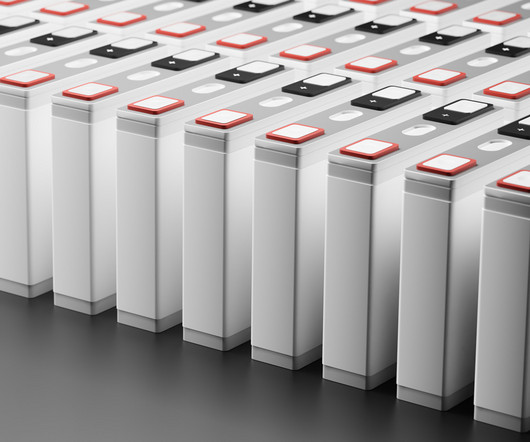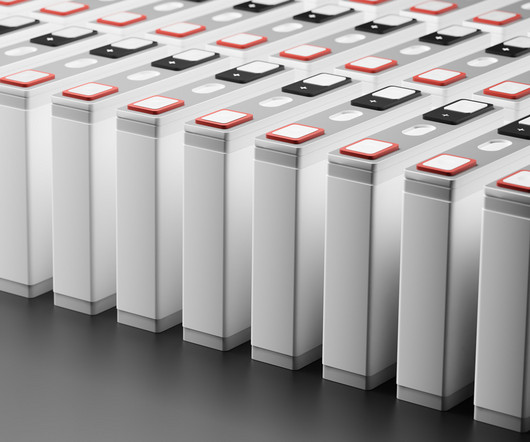Umicore introducing new generation Li-ion battery recycling technologies; partnering with ACC
Green Car Congress
FEBRUARY 15, 2022
Umicore, a global materials technology group, is a pioneer in the recycling of rechargeable batteries; its battery recycling plant in Hoboken, Belgium, has an annual capacity of 7,000 tons of lithium-ion (Li-ion) batteries and battery production scrap, the equivalent of 35,000 electric vehicle (EV) batteries.














Let's personalize your content